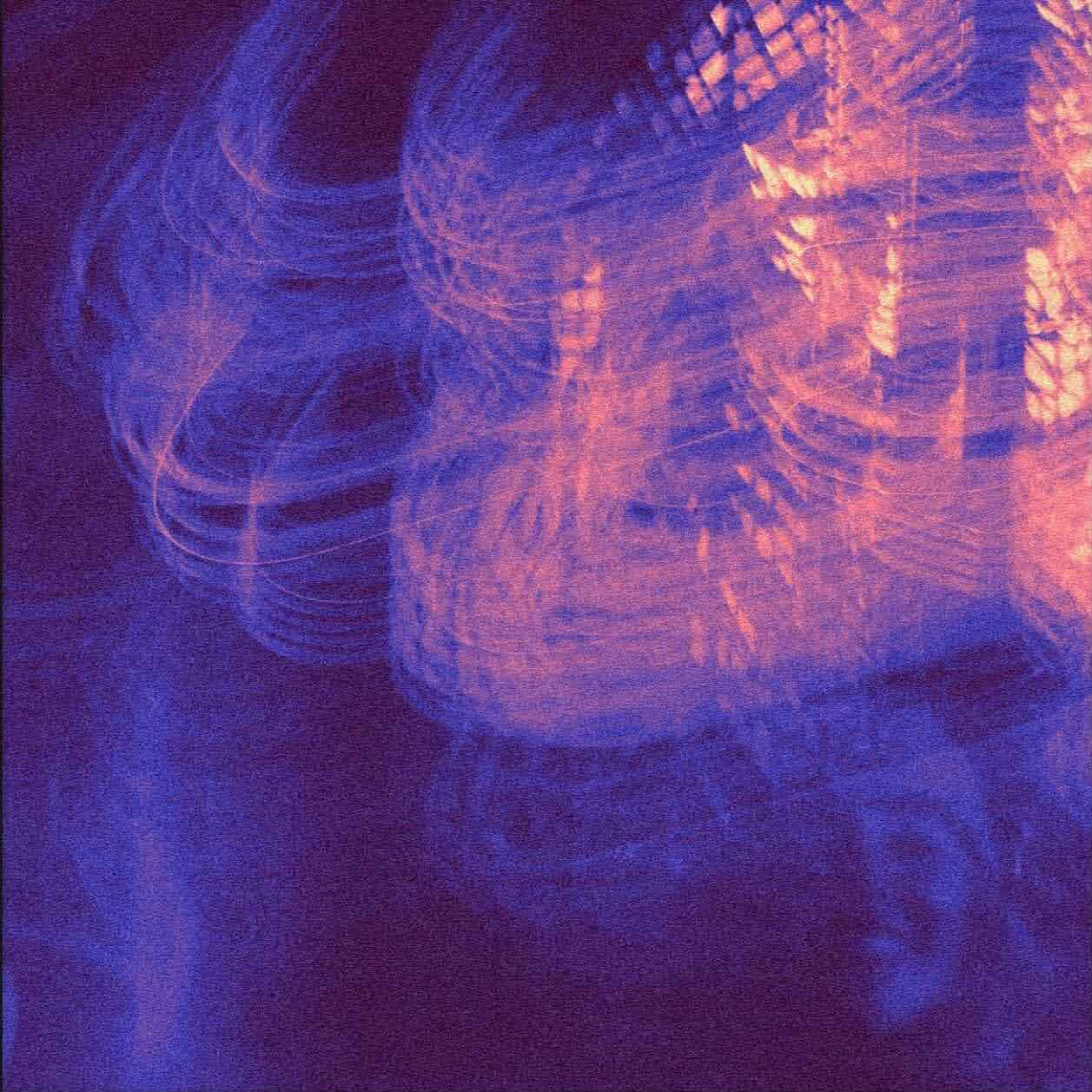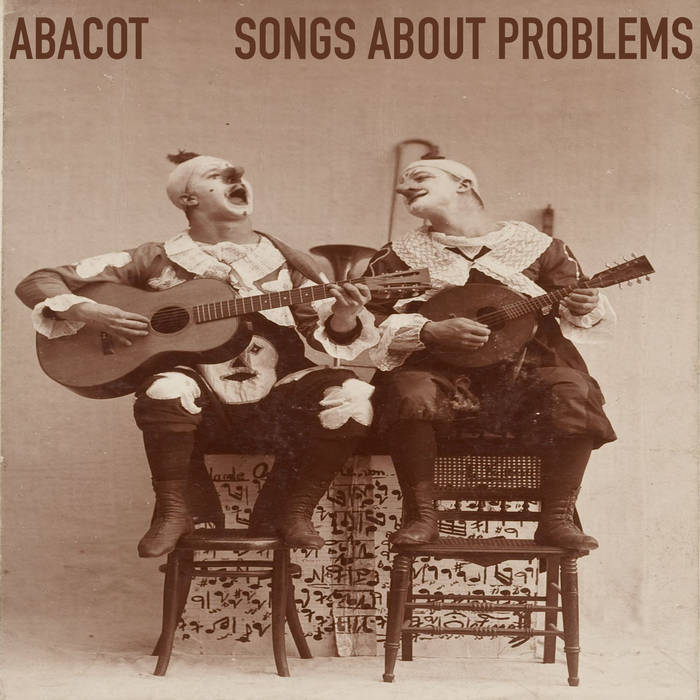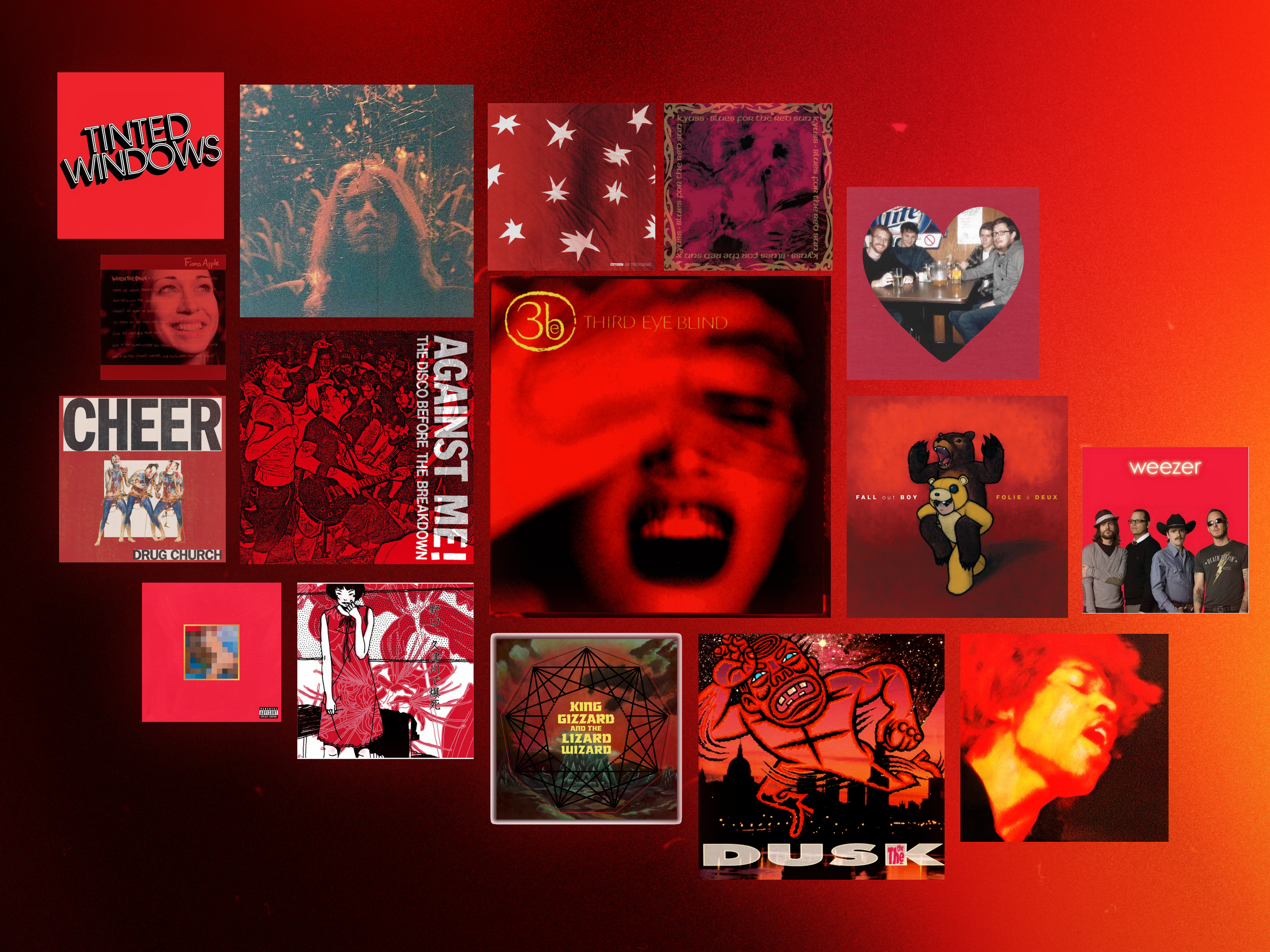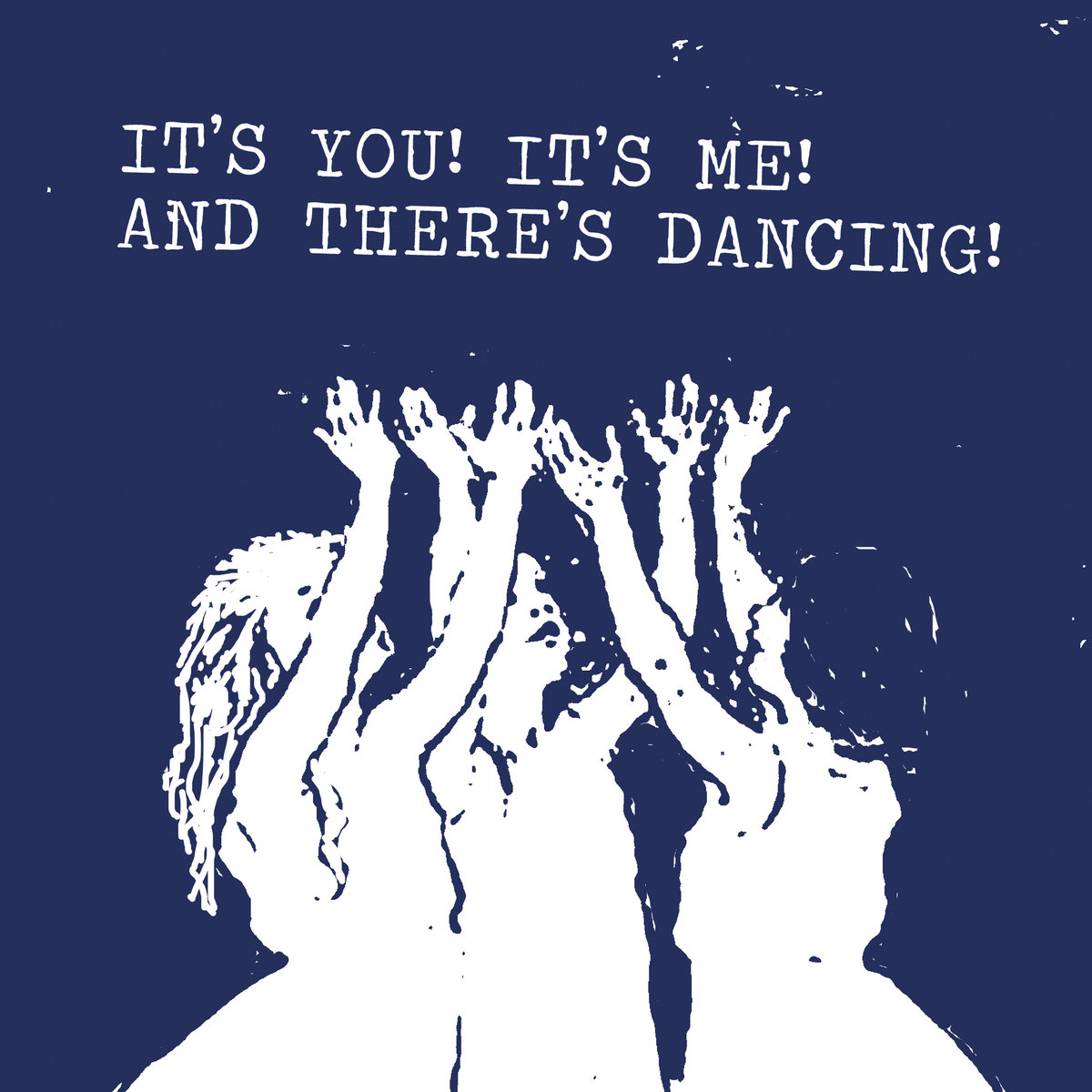Spice on the Side: A Conversation With Blue Cactus
/Photo by Steph Stewart
With their third full-length album, North Carolina’s Blue Cactus has built on the rock-solid Classic country sounds they developed on their first two records—and they’re getting a little weird with it this time. Believer feels like what happens when you doze off on the screened-in front porch after putting a little something funny in your sweet tea. The familiar sounds comfort you, but then your mind drifts to something a bit more exploratory and cosmic.
Steph Stewart’s vocal range is truly impressive, and her songwriting style builds the perfect framework for it. Mario Arnez lays down some classically Sun Records style guitar work, but isn’t afraid to let Trey Anastasio influence the tone or experimentation.
Believer is comforting, gentle, and contemplative, and it brings surprise after surprise that welcome multiple relistens. It’s a fantastic summer album that blurs the lines between country music subgenres.
It was Steph and Mario’s first time in Kansas City, and I was lucky to welcome them to the Heartland. We sat down at Slap’s BBQ on the Kansas side, before their show at The Ship on the Missouri side. We talked about Believer, Hurricane Helene, Weird Al, cheesecake, and State Parks. Blue Cactus is finishing their tour up in the Northeast and New England through July.
SWIM: I mentioned earlier, Blue Cactus has a very classic sound. There is that Patsy Cline element, that kind of squeaky-clean Nashville Sound, especially on your early records. But the music has really evolved.
Steph, you’ve talked about the women of Lilith Fair being a big inspiration, and Mario, you've talked about your early experiences with Weird Al’s music being a big inspiration. What is the importance of having diverse influences and a variety of tastes outside of country/Americana music?
MARIO: I don't think you can separate anything, especially these days. Just having so much music available to us and growing up in the 90s into the 2000s where we were getting a lot of whatever MTV was feeding us, I grew up with a lot of the popular stuff. And then, yeah, Weird Al’s survey of Pop music, mixed in with a little polka, just kind of opened me up to all kinds of music.
SWIM: Those polkas really introduced me to a lot of songs that I hadn't heard before.
STEPH: And I think with Lilith Fair, I was really drawn to other women making music when I was coming up. So that was pretty influential, and there were just so many different styles of singing.
My family was really big into karaoke, so that's how I got into performing in front of people, doing that with them. We would go almost every Wednesday night to the Dragon Palace. It's this American Japanese restaurant in Hickory (North Carolina). We would just sing karaoke there, and it got me to enjoy the limelight a little bit. I would try out all kinds of songs. And my dad got a karaoke system at the house. First, it was like LaserDisc, and then he eventually upgraded to the same thing that they had at the karaoke bars. So I would basically practice at home, really just trying to imitate people. I think that really strengthened my voice a lot. I got a pretty big range from that. I mean, I was singing everything from like Sarah McLachlan, to the Cranberries, to Jewel, and of course, Patsy Cline and 90s country like Shania Twain.
I think it just got me trying stuff early on. I didn't have formal voice training, but I feel like that was it.
Photo by Caleb Doyle
SWIM: You both mentioned the 90s. I've noticed that, specifically what you might refer to as alt-country, is having a big moment. Country music, Americana, and folk are all having a bit of a moment right now, kind of a Renaissance. My theory is that it goes back to the fertile period for country music in the 90s and 2000s, which I think was an inspiration to people our age.
Especially in your home of North Carolina! MJ Lenderman and Wednesday are from Asheville. Fust is from Durham. North Carolina is really a breeding ground for this genre and its subgenres.
What is the importance of community for fostering a scene like the one in North Carolina?
STEPH: I think our immediate community has just been such a huge support. It's hard putting out a record! Having something like Sleepy Cat Records, which is really just a group of friends who are also musicians, and they believe in your work and want to see it get out there, sometimes that’s what it takes. It's hard to know how much of a drive I'd have at this point if it weren't for them. We all play music with each other, too.
Our drummer is one of the founders of that label! He's literally the backbone of the band and a pillar in our community. That (the community) really does make this all feel worthwhile. Like I said, I don’t know if I’d still be doing this if it weren't for other musicians in general.
The night before last, we stayed at our friend Dylan Earl's house, and he’s stayed at our house multiple times. It’s so important to have this network of a road family who also know what it’s like and do this, and we just help each other out.
It's just really restorative to be in that company of people who get it and give you a place to relax. We didn't even want to go downtown and walk around. It's like, no, let's just sit on your front porch!
MARIO: There are a lot of other bands and folks running labels in The Triangle (North Carolina’s “Research Triangle,” comprised of Durham, Raleigh, and Chapel Hill, and everything inside the triangle that those cities form). There are great studios and a bunch of different festivals and live events going on. So there are a lot of folks that you end up interacting with over the years being in the scene. It feels like a nice, dynamic place to be!
STEPH: Recently, the previous governor enacted new funding to go specifically towards North Carolina music. So they have a whole Arts Committee that basically oversees it, and there's this new financial support, which is so critical. We've been fortunate to work with that organization, Come Hear NC, and they've helped fund projects the labels put together. This can give that extra amplification as an artist in that area, which is really great.
SWIM: It's crucial to what you do! There are conversations about why there's a dearth of artists and musicians in some places, and it's like, well, people can't pay their rent. So if you give people money to do those essential things, they can be making art instead of working doubles every weekend.
On the same token as your community, late last year, Hurricane Helene ravaged the Southeastern part of the country, largely in places like Western North Carolina. Blue Cactus contributed to a 136-track compilation album, Cardinals at the Window, which gave 100% of proceeds via Bandcamp to relief efforts in NC and greater Appalachia.
What was it like to have so many musicians contribute to this thing that was supporting your home? And what role do artists play in a disaster of that magnitude?
MARIO: People absolutely turn to music when they need something to pull them along. I mean, there’s absolutely no substitute for federal funding and disaster relief. But yeah, in the small ways that we can help, it was a no-brainer to contribute to that (Cardinals at the Window).
We also bought chainsaws and sent supplies all over North Carolina. There are some great mutual aid organizations around us that we were able to connect with quickly.
STEPH: Overall, the touring lifestyle is very much in the ethos of mutual aid.
Staying at each other’s houses and helping out however you can, that’s just sort of built into the way a lot of musicians live. So the immediate reaction when something that devastating happens is like, how can we help people? And, yeah, of course, federal aid.
Marshall, North Carolina, was almost wiped off the map. The river got completely rerouted. A lot of those people were musicians that were friends of ours. So they basically had to act as first responders. And we were just in touch with them, like, what do y'all need from where we were at?
SWIM: We just had a huge tornado come through the north part of St. Louis City. That was like three weeks ago, and they just got federal funding in some small way. People have been up there every day cleaning up people's homes, you know?
STEPH: I'm sorry that happened. It just feels like it's become more and more common.
SWIM: I know. Unfortunately, I think that's what they were telling us about climate change. And nobody in charge really took it seriously.
Anyhow, for a more, um, uplifting question: Do you have an album or a song that you go to when you want to roll the windows down and drive around?
STEPH: I really love Bill Withers’s “Lovely Day.” It's one of my forever favorite songs, and that song really does help me get my day off to a good start. I should probably be listening to it a little bit more lately, because I just have to wake up and go, and I think I need a little bit of a morning soundtrack some days.
MARIO: I've got polarizing opinions here. When I need to drive, we've got a long stretch and we need to go, go, go. If I need something that I know I'm not gonna be flipping tracks or anything, I just put on some live Phish.
SWIM: Oh hell yeah. I love to hear that!
STEPH: Yeah, he listens to that a lot.
SWIM: Love to hear that. I was just listening to The Gorge ’98 this week.
MARIO: Great year.
SWIM: Great choices, both.
For the new album, Believer, Steph, you took some original photos, and Mario, you used those photographs to make some graphic design art on the cover and inserts. In addition, this is your third full-length album, and you’ve been making music together for at least eight years. Does the music and the act of putting together an album feel more personal now?
MARIO: Absolutely. I feel like this is definitely the most elbow grease we've put into a release, on a personal level. It feels like with every release, we’ve figured out how to put more of ourselves into the music.
We also just try to spend a little bit less money along the way! But yeah, over the Pandemic, we kind of picked up other skills.
STEPH: Yeah, I’m a perpetual hobbyist. I feel like I'm constantly finding new art forms that I want to dabble in and learn how to do. So it just seemed like, well, these photos look great.
We both felt those photos really made sense with the theme of the record. The whole process of taking those pictures was wild because I was kind of disappointed. The field had started to die. All these sunflowers were just dying. And I had black and white film, and I thought I would get something different initially.
It was like, well, I'm here. I might as well just take some pictures and see what happens. As I was walking around the park, there were so many birds there. A lot of goldfinches and other pollinators. It felt like those sunflowers were more full of life at that point than they were when they were in full bloom. They were about to drop their seeds and create food for all these birds.
It's funny how you look at something on the surface and don't initially see that kind of beauty in it.
SWIM: Yeah. It's like reframing what we think about the cycles of nature.
I think it's in The Great Gatsby where he talks about how “life starts all over again when it gets crisp in the Fall.” We think of the fall as everything starting to die, but it’s really this big clearing-out. Readying for what's to come next.
Have you picked up a live performance hack or tip?
STEPH: This isn't anything that revolutionary, but I almost always have to sing along in the van on the way there, so I warm up my voice. I don't do a lot of formal warmups, but I love singing before we’re actually on stage, and singing other songs that aren't ours.
Reba McEntire is a really good warmup because she's got this incredible range. If I can sing one of her songs, then I know I'll be ready.
MARIO: Shake off the cobwebs. If you've been driving for a couple hours and you've just been sort of a hermit for over half the day, you really gotta clear out the cobwebs. Either start talking out loud all of a sudden, or do some stretching. I feel like that's number one, just to make sure that we're not feeling like we're still rolling out of bed all day.
STEPH: Staying in State Parks on this tour has been really helpful. Most of the time, we'll have time to go on a nice walk. It helps me feel really awake and ready, for sure.
SWIM: What's the most recent physical media you've bought?
STEPH: Hmm.
MARIO: Clothes?
STEPH: No, those don't count.
It's been a little while now, but I did buy a Linda Ronstadt record at the Fuzzy Needle (in Wilmington, NC).
Photo by Caleb Doyle
SWIM: If this album was a dish or a meal, what would it be?
STEPH: Hmm. Interesting. Well, maybe this is just because I like it, but I definitely think the dessert would be cheesecake. Let's just start there.
SWIM: That's the way to do it. Start with dessert.
STEPH: Mm-hmm. Cheesecake and probably not plain cheesecake. I think it would have some kind of like raspberry sauce.
[to Mario] What kind of a main course are we talking about? Or an appetizer, for that matter?
He is the cook in our family.
MARIO: This is just funny. This comes back to the question of influences versus what the music actually sounds like.
It doesn't feel like it would just be some everyday meal that I'm whipping up. Yeah. We're talking something outside the norm!
Okay…we open with a Greek salad…
STEPH: I think that sounds great. I don't know why I'm thinking fried chicken. [To Mario] Are you thinking fried chicken?
MARIO: Sure!
STEPH: Okay, and then you're gonna need a couple of sides with that.
MARIO: This is not turning into a James Beard meal...
STEPH: I feel like we should really put more thought into this!
SWIM: It’s eclectic, though!
STEPH: Maybe hot chicken! But not too hot.
MARIO: Like a two on the spice? And you can add your own?
STEPH: Yeah, you can add your own spice. It'll be spice on the side.
I feel like there are a lot of shifts on the record. So, you do have that country kind of twangy stuff right at the top. That feels like hot chicken. But then you're getting into the synths and swirly stuff, and maybe that's like some kind of mashed potatoes, but they're not your classic ones.
There's gonna be something a little special left of the center. Yeah. [To Mario] What would that be?
MARIO: I mean, I don't mess around with truffles…
STEPH: No, I don't like those either.
MARIO: I think a James Beard type would do that, but I wouldn't!
SWIM:. Maybe just not a smooth mashed potato. Maybe there's some chunks.
STEPH: You like a chunk?
SWIM: Oh, I love a chunk.
STEPH: You can tell they're real potatoes!
SWIM: Mm-hmm.
I also love the fact that this answer took thought and collaboration. I think that speaks volumes of the record. It's one of those records that, at the end, you kind of do finally exhale.
It is comforting, it's dreamy, it kind of has your head in the clouds a bit, but then there are some experimental aspects to it. And that makes it so fun!
Caleb Doyle (St. Louis, MO) is a music writer and dive bar enthusiast. He would love to talk to you about pro wrestling, your favorite cheeseburger, and your top 10 American rock bands. You can find Caleb on most social media @ClassicDoyle, or subscribe to his music Substack, Nightswimming, HERE.







